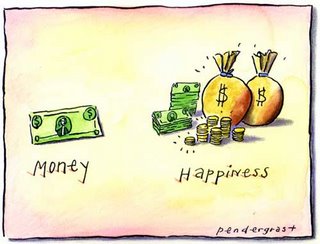
Stalking is defined as "the willful, malicious and repeated following and harassing of another person"
- J. R. Meloy
Stalking can affect anyone no matter gender, race, socio-economic status or geographic location.
According to data in the United States, 1 in 12 women and 1 in 45 men will be stalked in their lifetime.
A stalker can be anyone. There is no single psychological profile that indicates a person may have a tendency to be a stalker. This is one of the reasons why every stalking case must be handled on an individual basis.
Another reason is that in many cases the stalker is someone the victim knows, ex-spouse, ex-boy/girlfriend, coworker, casual acquaintances, but a stalker can also be a stranger.
Things To Do
* No one ever deserves to be a victim of a stalker. Every situation that involves stalking is different, but there are a few guidelines to follow if you feel you are a victim of a stalker.
* Convey to the stalker that you wish to have no contact with him/her.
* Inform friends, family and your employer of the situation.
* Inform your local police department that you are a victim of a stalker; this is necessary even if you do not intend to file charges.
* Document the situation in which you have seen or had any type of contact with the stalker. This can be done in a personal diary or journal. Save all letters or emails.
* Change your email address, website or blog, if necessary.
* Also document any other pertinent information such as license plate number, personal appearance. These steps can help you if the situation escalates into something more dangerous.
Additional Steps
* File for a restraining or protective order. Information on filing can be obtained from your local court.
* Create a contingency plan. You may not think that you are in imminent danger, but the possibility still exists. Your local police or domestic violence center may be able to assist you with a more specific plan, but some ideas are:
* Have a list of critical telephone numbers; e.g. local police, friends, domestic violence centers, an attorney.
* Have a necessities bag. Possibly a small suitcase you can keep in the trunk of your car, just in case you can’t go home. It also may be a good idea to keep some cash in your necessities bag just in case.
* Always make sure you are never low on gas in your car.
* Take preventative measures to protect yourself from the stalker. Vary your routine. Do not do the same activities at the same time every day. For example go to work a little earlier than usual and use a different route.
* Have co-workers, roommates or family members screen phone calls and visitors.
* Do not travel alone if at all possible - "There is safety in numbers".
Other Research
Although significant attention has been devoted to adult perpetrators and victims of stalking, there is persuasive evidence that stalking begins at a much younger age.
Research suggests that stalking begins early and has developmental issues related to attachment, identity formation, and emotional states involving jealousy, envy, and anger.
References
McCann, J.T. (2000). Stalking in children and adolescents: The primitive bond. Washington: APA Books.
Meloy, J. R. (1998). The psychology of stalking: Clinical and forensic perspectives. New York: Academic Press.
Pathe, M. (2002). Surviving stalking. Cambridge: Cambridge University Press.
Stalking Resources
Stalking Resource Center
Surviving Stalking


